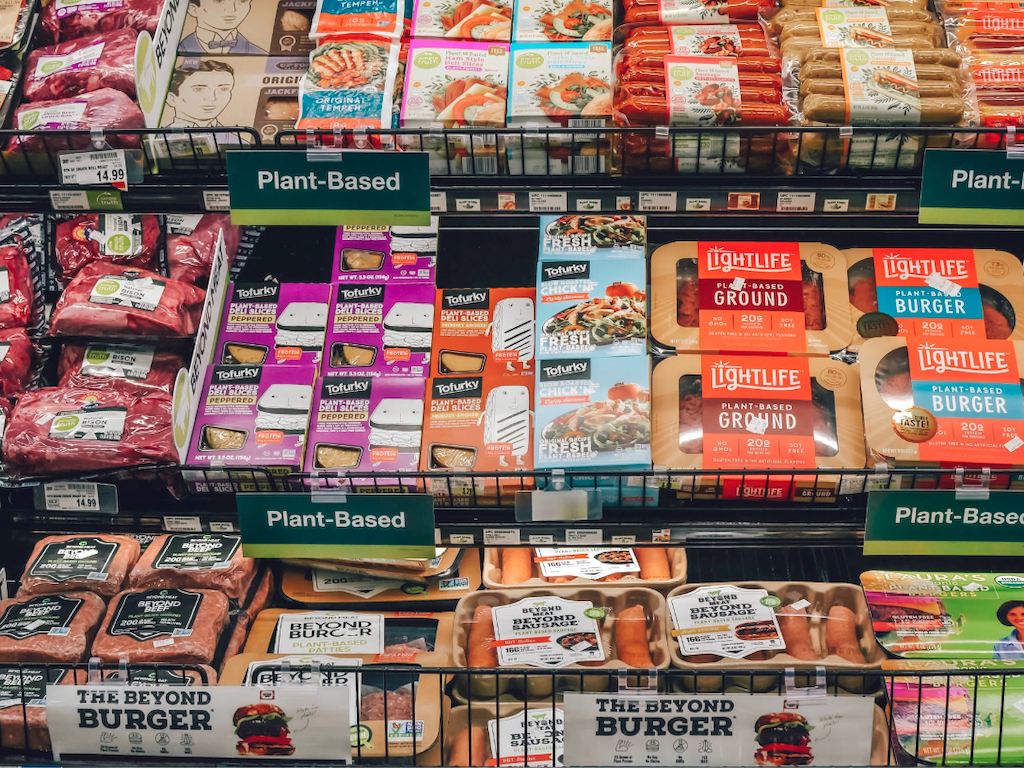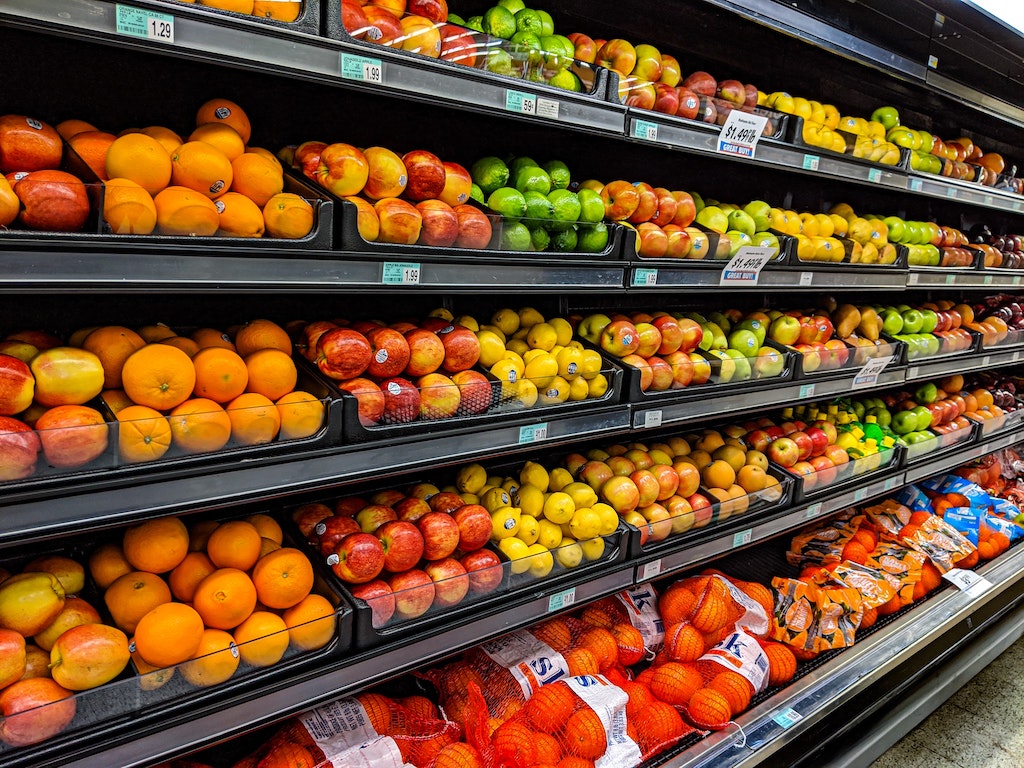Healthy Food Subsidies & Processed Meat Levies: New Survey Shows Consumers Want More From Government & Retailers
3 Mins Read
Consumers are calling for healthy foods to be cheaper and more available in grocery shops, a new poll finds. The survey, which explored public attitudes about healthy eating, finds that the current food market poses barriers for shoppers to pursue healthy diets. Researchers concluded that government policies to subsidise healthy foods, ensure that retailers stock up on healthy options and standardising labels to inform consumers about unhealthy foods would be welcome and effective measures.
Conducted in the U.K. by London-headquartered cross-party think tank Demos, the new report, titled Turning the Tables: Making healthy choices easier for consumers, explores attitudes towards healthy eating amongst the British public. In a survey of more than 1,000 adults, the report found that nearly three quarters of people – 71% – would be in support of government subsidies to make healthy foods cheaper to the public.
Almost two thirds – 61% – surveyed also said that they would be supportive of measures that require all supermarkets to stock up on healthy foods, while nearly half said they would like to see standardised packaging on unhealthy products that are similar to warnings on cigarette labels.
Our research shows there is an opportunity for the government to be even bolder, and pioneers for a new era of food innovation.
Rose Lasko-Skinner, author of the report
Finding that currently, the three primary drivers that shoppers say motivate them to purchase unhealthy foods are taste, cost and ease, the report’s authors say that there needs to be a large-scale reformulation of the food sector to make healthier choices cost-effective and convenient.

Some of the recommendations made by the analysts include introducing a levy on nitrite-cured processed meats, which are not only associated with higher risk of cancer and cardiovascular disease but are also a carbon-intensive, unsustainable food. On top of introducing a levy, the report says that there needs to be greater funding to promote the development of meat alternatives such as plant-based or cell-based proteins.
Already, in light of the coronavirus pandemic that has wreaked havoc on meat supply chains, many governments are already taking action to promote alternative meats, including Canada’s C$100 million investment in a new plant-based facility, Finland’s US$2.3 million backing in a national plant-based protein initiative and Japan’s move to start exploring regulatory guidelines for cultivated protein labelling.
Other actions recommended in the report include subsidising healthy foods that are already low in price, such as frozen or canned fruit and vegetables, to make them even more widely accessible to all sections of society.

By stimulating groundbreaking innovation in the food sector, the government could make food healthier, more affordable and provide better choices for consumers, whilst supporting the workforce in the recovery from Covid-19.
Rose Lasko-Skinner, author of the report
It also says that the British government should work with regulatory agencies to change the packaging of foods that are unhealthy, modelled on the labelling changes that have been made to tobacco products, to help consumers make more informed choices. Experts have previously voiced support for such labelling suggestions on all products – food and non-food – to convey to consumers the human and planetary healthfulness of their spending decisions.
“Our research shows there is an opportunity for the government to be even bolder, and pioneers for a new era of food innovation,” said Rose Lasko-Skinner, a researcher and author of the report.
“By stimulating groundbreaking innovation in the food sector, the government could make food healthier, more affordable and provide better choices for consumers, whilst supporting the workforce in the recovery from Covid-19.”
Lead image courtesy of Unsplash.




